My Views on Netflix’s Apple Cider Vinegar and the Issue of Trust
The story of Belle Gibson on Netflix
I’ve been watching the story of Belle Gibson on Netflix’s latest show, Apple Cider Vinegar, and it’s completely fascinated me.
I don’t often write posts about pop culture (but hey, it’s my blog and I guess I can write whatever I want) and this story absolutely absorbed me. I’ve been in process for the last several days, as the deeper issues around the story come up to the surface.
If you’ve watched it too, you’ll know that the main protagonist in this series-influenced dramatisation of a sensationalist story is not someone worth bringing any attention to. Some may call her a sociopath, some may call her actions a cry for love - I don’t care.
This post isn’t about her. What I do care about is the tension between traditional medicine and holistic wellbeing. And more than that, it’s about trust, and where we place it.
The psychology of deception and the issue of trust
I’m fascinated by stories like this, mainly due to the psychology behind fanatical liars, and the childhood trauma that might have inflicted such desperate pathological wounds.
More than that, it’s the issue of where we place our trust; in the medical establishment, in ourselves, or in the influential people in our lives, and the consequences those decisions can have.
The series broke my heart in so many ways, opening my eyes to the reality that so many people are living.
It’s a travesty that we are so technologically advanced in so many ways, and yet the effective prevention and treatment of illness is still unknown. Or perhaps it is know, and not shared.
I have always been skeptical of the stories we are told that weave into our picture of reality. The year of 2020 is a fine example of that, as well as a fine example of my trust that was irrevocably broken.
Yet, after I finished the series I was searching for anything that dived into the story, to help me make sense of what I was watching, but I couldn’t find anything beyond media puff pieces, so I thought I’d write my own commentary.
The intricate layers of true health and wellbeing
Of course food is medicine. It is the bedrock, and foundation, or being well.
But there are so many other factors at play as well.
We are not just our physical bodies. Our reality is so far beyond the tangible that we interact with on a day-to-day basis. We have a spiritual body, which is our belief system, an energy body that is the portal that connects us to the wider world, as well as our mental and emotional body.
There is so much to our reality that we cannot see. We watch TV, use microwaves and surf the internet, yet we cannot see the tangible wiring that links it all together. Our body, and the universe as a whole, works in exactly the same way.
There is so much to our physical body beyond the blood, bones, skin and muscle. While we need healthy food, proper hydration, exercise, proper sleep and relaxation to promote health and wellbeing, we also need to feed ourselves on so many other levels.
Of course toxins play a role in our wellbeing. These include physical toxins as well as environmental toxins. But what about toxins at an emotional and mental level, such as trauma, consistent long-term stress, unexpressed emotions, low self-worth and everything in-between?
There is no separation between mind and body, and so we cannot work with just one, and exclude the other. If we are solely focused on the physical body; through nutrition, self-care, diet and detox protocols, of course that’s going to have a powerful impact on our overall wellbeing.
But, at the same time, if we are only working on our physical health, what about the other levels of our reality that can impact our wellbeing?
Are we feeding our soul with joy through the people we spend time with, the environments we’re in, the work that we do on a daily basis?
Are we loving ourselves and validating our emotions through expression and communication? Are we connecting with the wider world around us, acknowledging that our lives aren’t meaningless and that there is a bigger cosmic entanglement that we could ever believe? Are we living with purpose and fulfilment?
And, most importantly, are we living in balance?
The human experience is an emotional one
We cannot negate that the human, earthly experience is an emotional one.
We are here to fall in love, to express anger, to embrace our true worth, to experience grief, to work through fear, to unlock shame, to ride through joy, and experience all the other emotional states along the way.
This life isn't easy, for any of us, and I don’t believe it’s meant to be.
We can only control so much. Like the captain of the ship, we are not in control of the weather. We cannot predict the storms and we can’t stop the lightning and thunder from shaking us in the rough seas. Fate is fate.
We are all meant to experience certain things happening in our lives. There is no rhythm or reason. Why do some people suffer so deeply? Why do some people get sick and some people stay healthy? Why do some of us grow up in such tough conditions, and others grow up with loving parents?
The questions are endless and none of us really have the answers. No one does.
What we all feel (and I don’t believe there is a single person in this world who does not feel this) is the pain of being human. None of us can control this life or stem the suffering, but we can choose to take command of our ship and weather the storms in the best way that we can.
The deeper meaning of life
Our health is not just shaped by the food that we eat, the trauma that we experience, the environment that we’re exposed to, our genetic disposition, or any other of these external factors. It is also shaped by God.
Who are we to understand the greater story of life when we are born into this world with no memory or recognition of why it is that we are here. We are all seeking an understanding; not only of how to survive and function in this world, but why we are ultimately here in the first place.
As someone who thinks regularly about the higher purpose of our existence, I can’t help but have some bigger questions that stick to the forefront of my mind.
Such as - are we meant to suffer, do we deserve to suffer or is suffering just a part of our individual experience on earth?
If we let go of needing to know all of the answers, would we perhaps find some peace? More than that, are we meant to let go of this search for the truth, in order to relax into the full human experience?
Or, as a last salute to this theme, are we meant to overcome the belief that we somehow deserve to suffer? Is this all just a deeper piece around coming back home to love, to God, to the Divine, where we recognise our worthiness and wholeness.
Hope, trust and our self-belief
What the series brings to light so beautifully is human hope.
Hope is a beautiful thing, but a dangerous one when we entrust it to the hands of those who work without integrity, empathy and a deeper understanding that no one can save, fix or heal another. There are no gods in this world, yet many people act as though they have the answers and can alleviate our pain.
I’m not just talking about self-proclaimed gurus, or even the influencers who parade their lifestyles and the supposed supplements, skin care, and products to the masses in return for financial reward and fame.
It goes even deeper than that.
At its core, this is about trust. If you’ve watched the series you’ll see the story of Milla. She’s a fictional character very loosely based on the story of a famous wellness blogger who died from cancer. In the Netflix drama Milla chooses to trust herself, and her intuition, instead of the doctors, and this is when it gets really murky.
In choosing to ignore the medical advice of amputation, she believes she can cure her cancer through diet alone. She also brings her mum into her narrative, despite her dad’s reluctance to go against the doctor’s recommendations.
The theme in her story is one of trust. She chooses to trust herself, her mum chooses to trust her and her dad then chooses to trust her too. It is a delicate spider’s web of trust that pins on the central question of ‘who can I trust’?
The sliding scale of belief
For many people, it’s easier to trust the doctor than themselves, because doctors have years of training and experience. But sometimes doctors get it wrong. For other people, it’s hard to trust in alternative healing practices, because they are dismissed by doctors and spun in a negative light by the mainstream media.
The beautiful character of Milla has to make an impossibly hard choice with regards to her cancer care. It’s one that I can’t imagine making, and have no grounds to even share my opinion on, having fortunately never been in that position.
There is always a balance of light and dark. There are people selling ‘snakeskin oil’ cures that are ineffective and dangerous. There are also alternative practitioners who are just in it for the money, and not for the true patient care. Like in the series, there are people in the ‘wellness space’ who are capitalising off the vulnerable with extortionate programmes, practices and so-called cures.
I’d go as far to say that the wellness and spiritual space is rife with unscrupulous and morally-weak wellbeing bandits who prey off others.
But ultimately, it’s a sliding scale. There is no black and white. There is no alternative medicine versus western medicine. They are all complementary to each other. There is good and bad in both.
Seeing beyond the veil
However, what I have always believed and maintained is that we live in a matrix of illusion, and we are here to come into consciousness of the true reality that we live in. There is an incentive to keep people sick, in order to create profits for Big Pharma.
Just like there is an incentive to keep people controlled, powerless and in a victim-consciousness, in order for governments to maintain power. Just like there is an incentive to keep the rich, rich and the poor, poor, in order to not disrupt the status quo of those in power.
Learning how to trust ourselves and how to keep ourselves and our families healthy, well and happy is a process of deconditioning from the trust that we have perhaps misplaced in those who do not have our best interests at heart.
Once we move through the illusion put in place by those in power to keep us in the dark about the truth of ourselves, our life and the true power that flows though us all, we begin to realise that we are all born equal, and that no one is more powerful, informed or important than anyone else.
Knowledge is just knowledge, but true wisdom comes from our own individual life experiences. And truthfully, no one knows us better than we do.
The power of discernment in the digital age
This is why we have to be incredibly discerning.
Especially in this age where information is at our fingertips and social media platforms are the new trading floors for our attention.
Brands are baying for our time and energy through our phone, but while we enjoy the entertainment of social media, we also need to be conscious of the true intentions behind the people we are giving our time and attention to.
We can ask ourselves - what are they selling and do we want to trust the messaging or disregard it?
You can even ask yourself, what are my intentions in writing this post, what is the message that I’m wanting to share, and who is profiting from the words that I write?
Learning to trust ourselves and our judgment, rather than blindly handing over our power to someone else, is part of our human experience. We are here to learn to trust ourselves, first and foremost, and then to use that ability to extend that trust to those who we deem worthy of it.
We can trust our parents if we choose, we can trust doctors if we choose, we can trust alternative practitioners if we choose, we can trust our partners if we choose, but we must be able to trust ourselves and our own judgement, in order to then place our trust in someone else.
No one knows how it truly feels to be us, because no one has ever walked in our shoes.
This was the core message that I took from watching Apple Cider Vinegar, and it’s one I feel so strongly about. There is no right or wrong, there is no good or bad, there is just our subjective experience.
And perhaps, everything unfolds exactly as it’s meant to, and despite our best efforts, we cannot halt the tide of fate, no matter where we place our trust.
If you’d like support understanding your Soul Contract or navigating your emotional and spiritual healing, here are a few ways you can go deeper:
Download a personalised Soul Contract Report (4-page Summary or Full 120-page report)
Book a Soul Contract Reading if you’d like live guidance and interpretation
Explore Divine Healing sessions for deeper emotional clearing
Join my newsletter for more insights and the latest blog posts
If you’re not quite ready for a session, you can explore more Soul Contract and emotional healing resources on my blog page or YouTube channel.



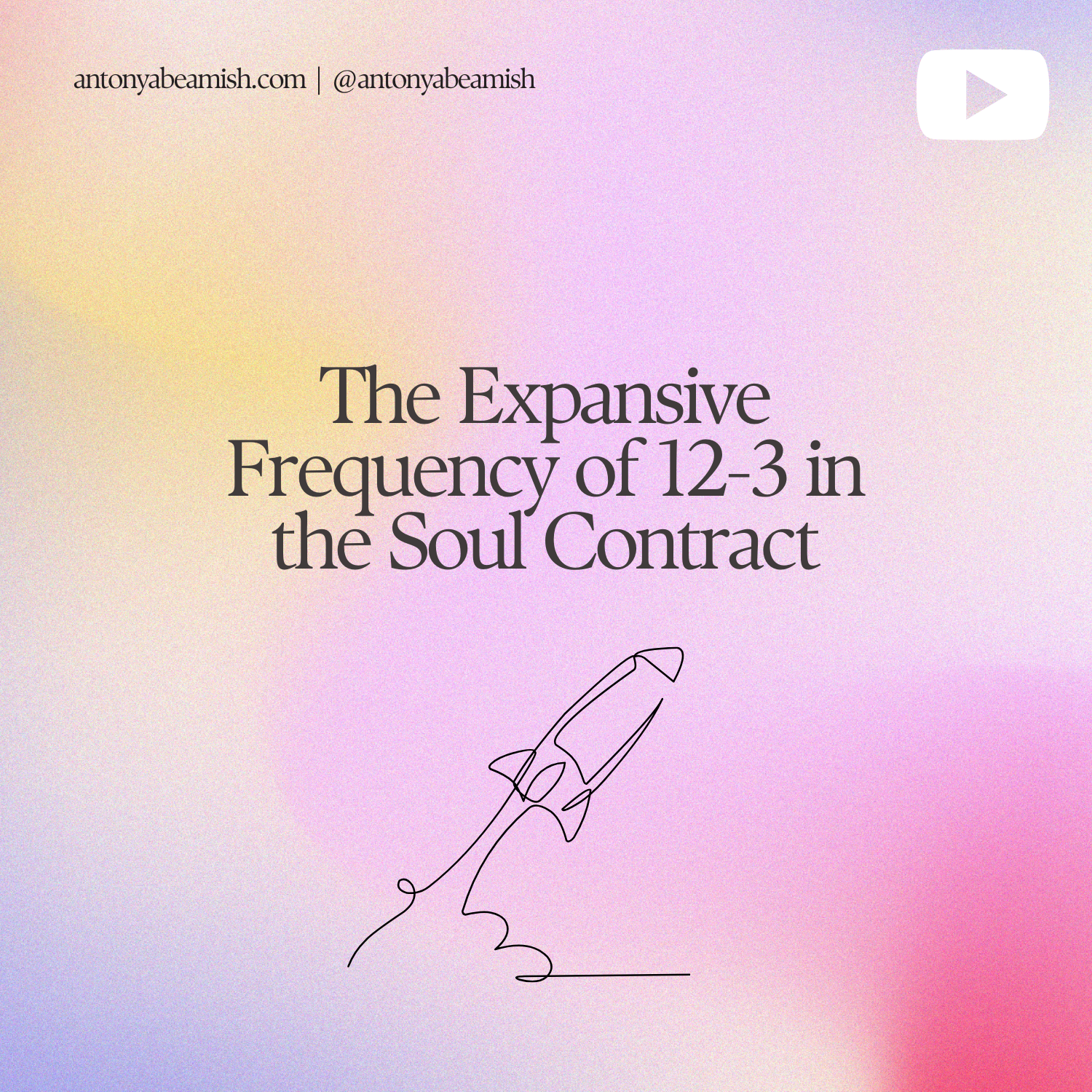
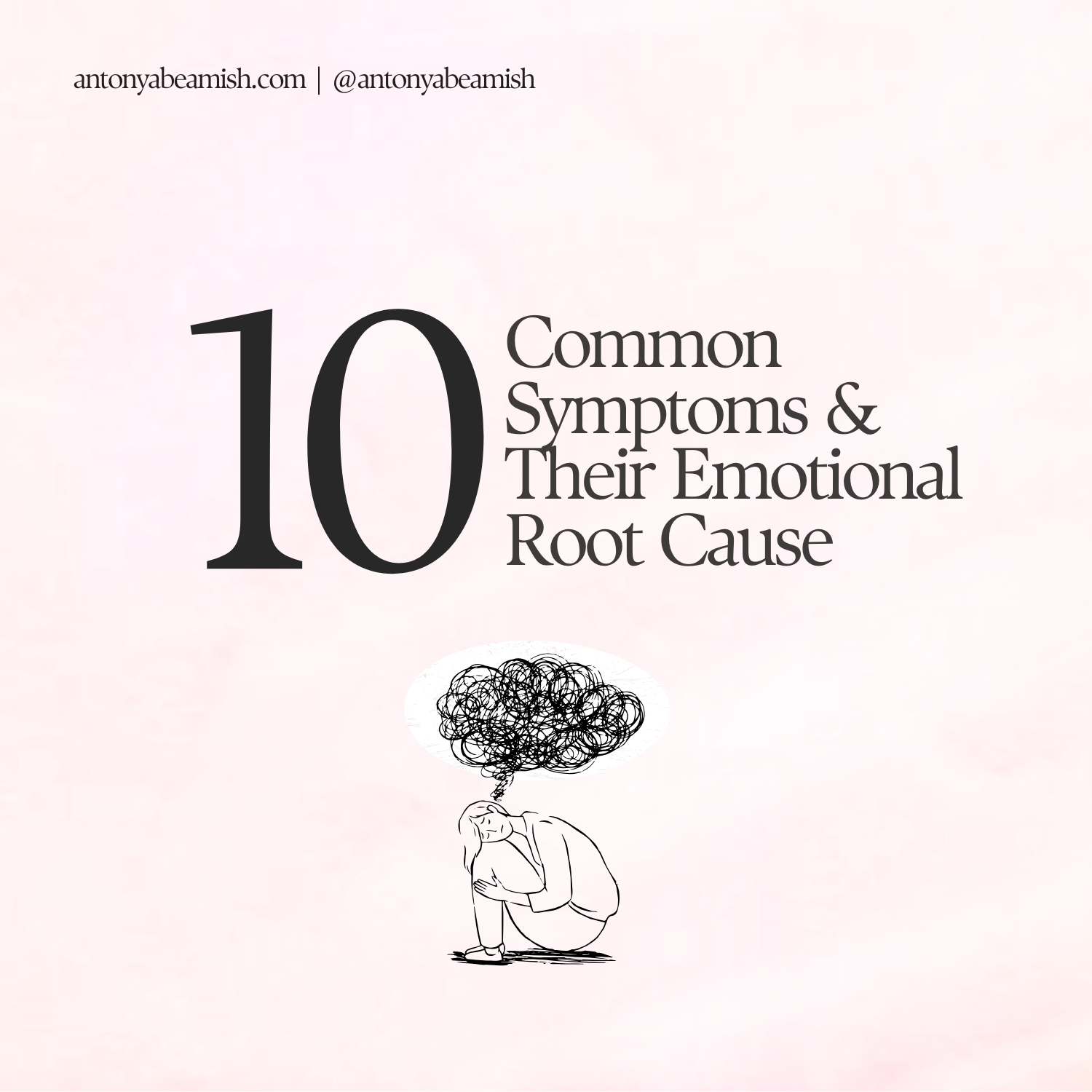
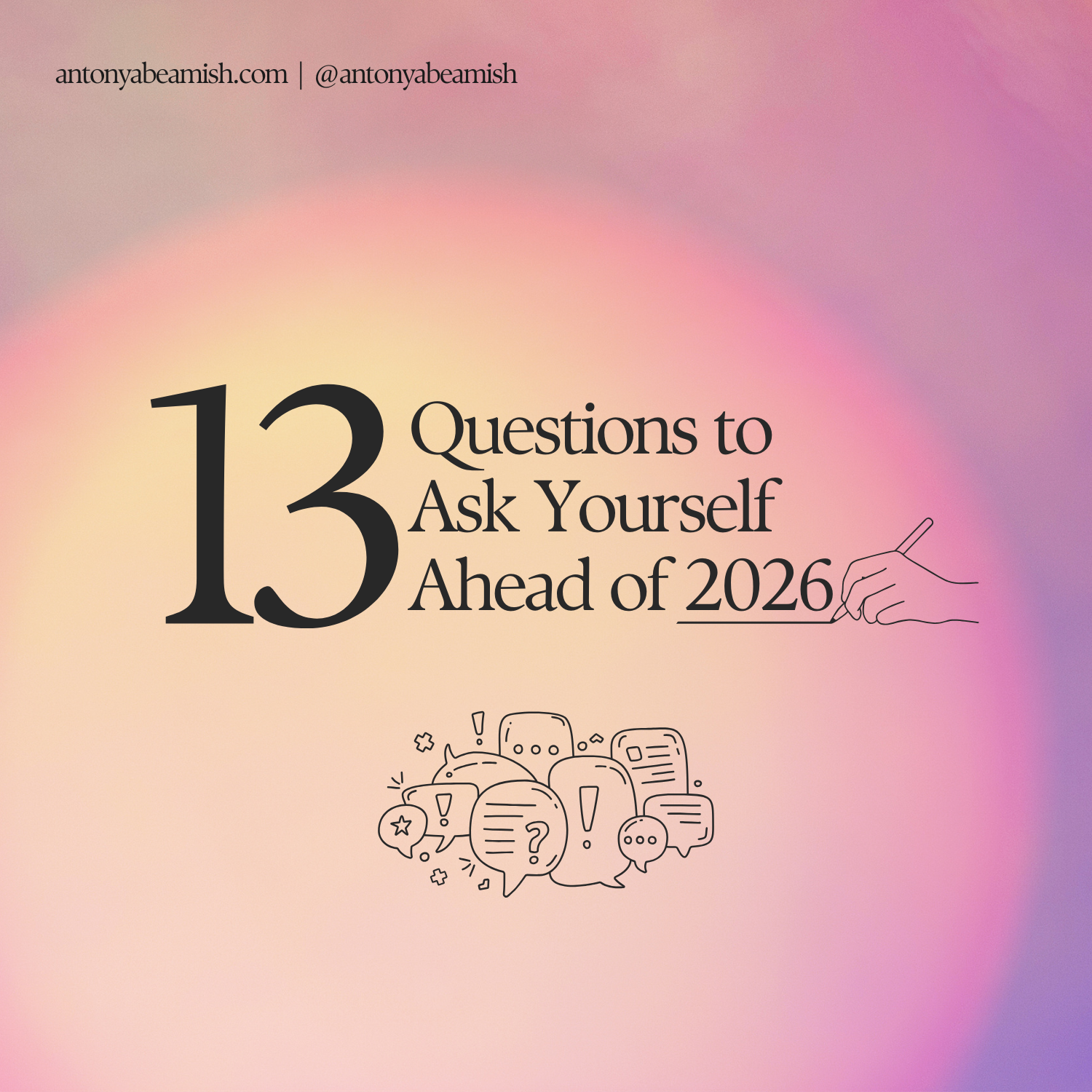








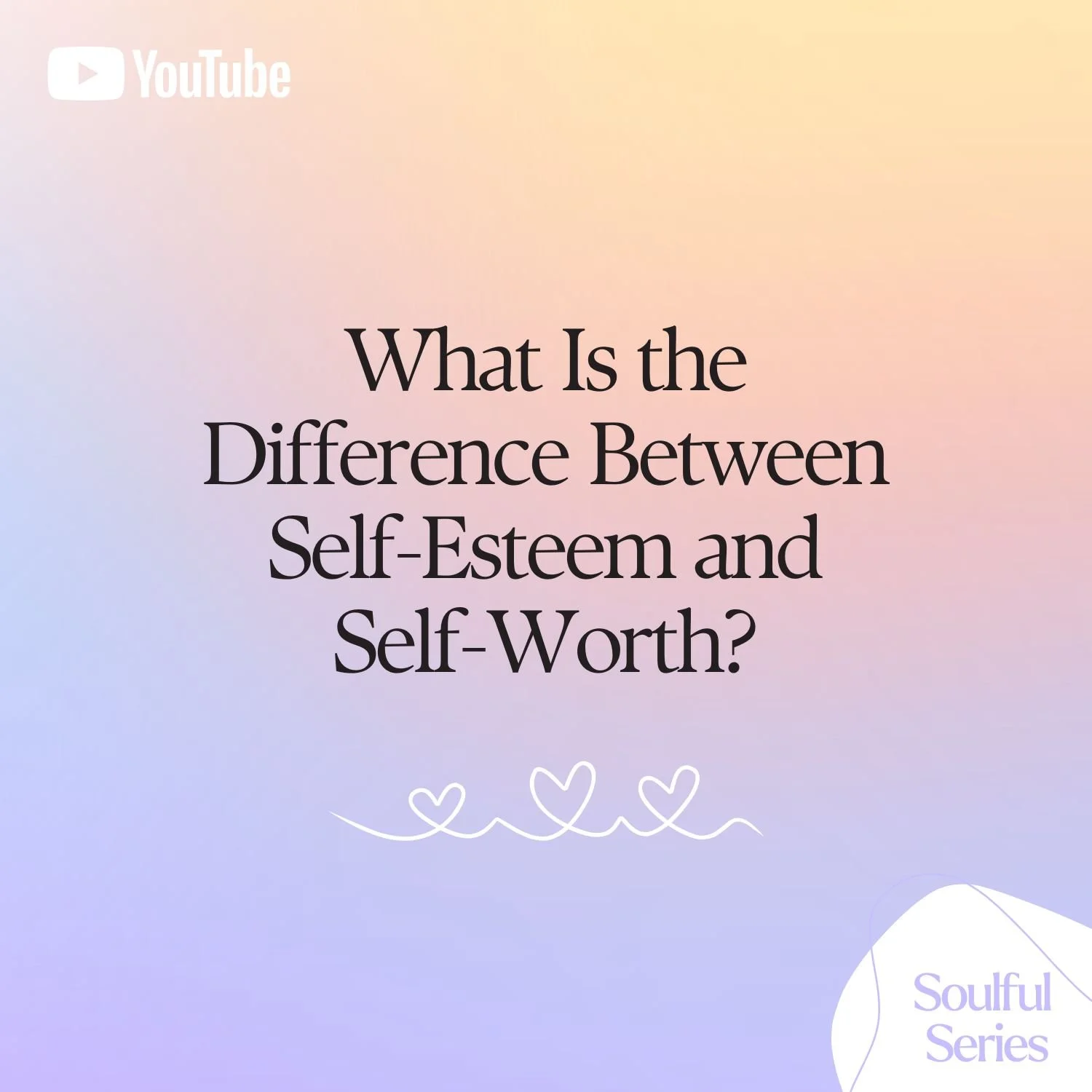
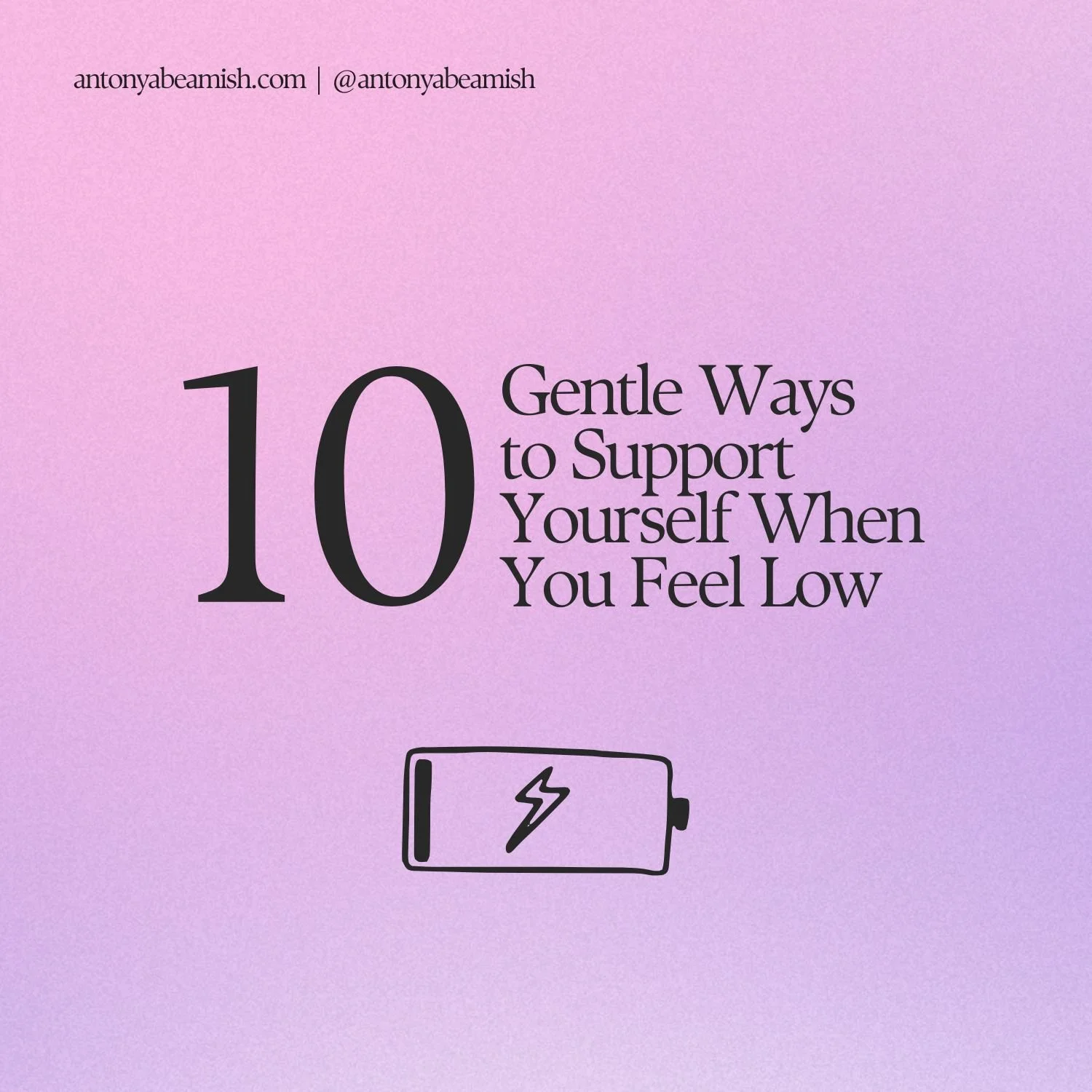
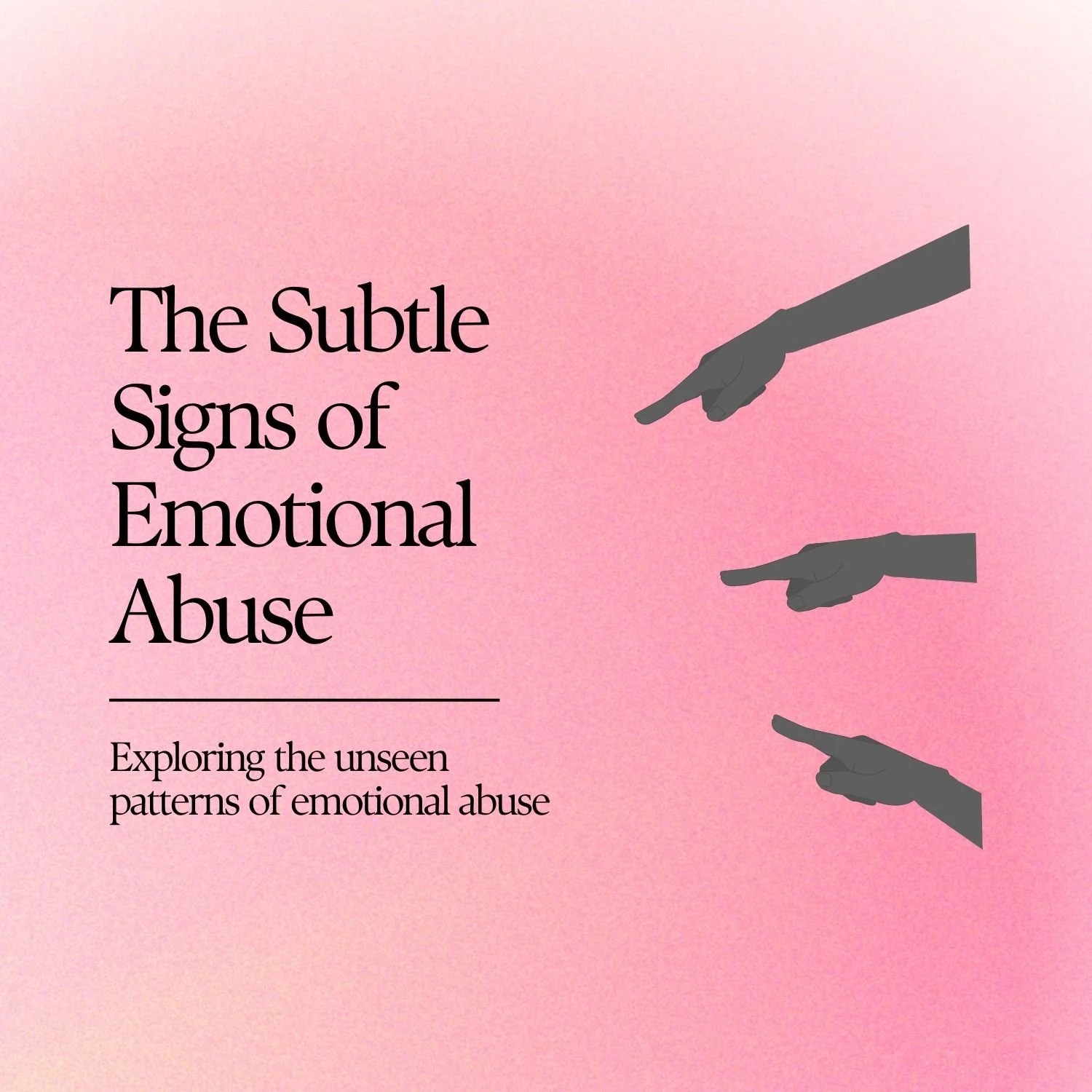















This blog explores the deeper psychology behind negative comments on social media, including the role of the ego and unconscious wounding, why negative Instagram comments happen, what they reveal, and how to handle criticism without taking it personally.